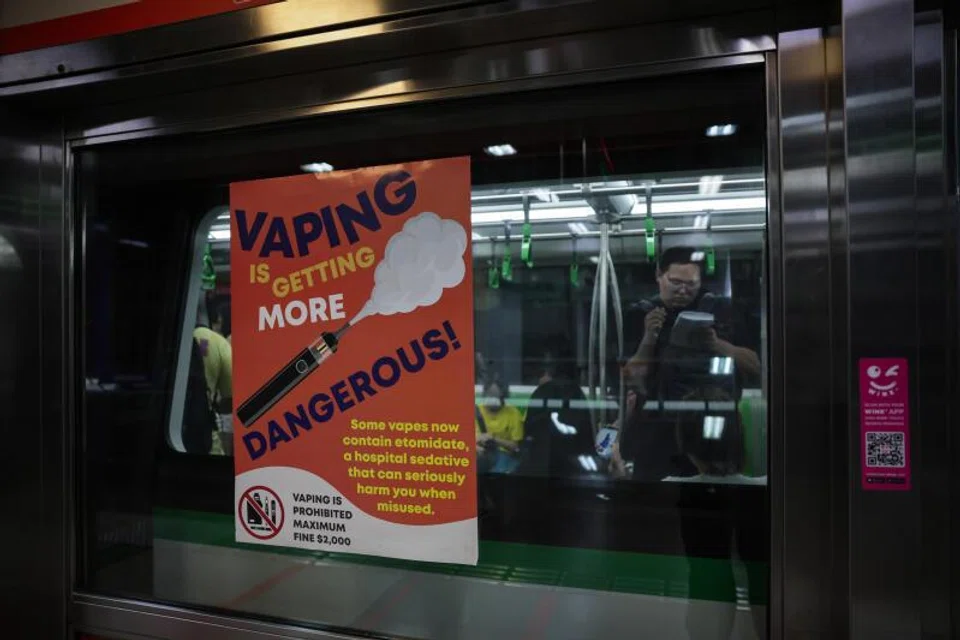
A recent study claims that Juul users may have been getting a buzz from caffeine. The study, titled "Review and Analysis of Chemical Composition of Regulated and Unregulated Electronic Cigarette Liquids," analyzed the contents of 241 nicotine and cannabis vaporizer products discovered on the market over the past few years, including Juulpod.
A research team from the forensic department at Virginia Commonwealth University has found ten chemicals, including caffeine, in Juulpod e-cigarettes. The average concentration of these chemicals was 23.5 micrograms per milliliter in classic tobacco-flavored pods and 9.3 micrograms per milliliter in mint-flavored pods. According to the Juul website, these addictive substances are not listed as part of the ingredients and Juul only claims to use nicotine with propylene glycol, glycerol, and benzoic acid as additives in their e-cigarette oils.
The products contain caffeine, which may make them more addictive.
Researchers discussing these findings noted that the inclusion of caffeine in e-cigarette products can increase their addictiveness. They wrote, "Adding caffeine to e-cigarette oils may serve as a gateway, leading to increased caffeine consumption and likelihood of caffeine addiction." They further stated that "caffeine consumption has been linked to increased likelihood and urge to smoke.
The question is whether Juul intentionally adds caffeine. Dr. Neal Benowitz, a research professor and honorary professor at the University of California, San Francisco, says this is unlikely because the current levels of caffeine are too low to have an effect. Benowitz says, "In comparison, a cup of coffee contains about 100 milligrams" of caffeine. He says that at 25 micrograms per milliliter, "Juul provides about 1/1000th of the caffeine in a cup of coffee." "It is unlikely to have any significant impact.
How did caffeine come to be in vaping products? According to Benowitz, it may have been an accident. "I don't understand why they would add small amounts of caffeine," he said. "Most likely, it was a contaminant from some flavoring chemicals they purchased but didn't know about." Despite this, these findings could pose a challenge for Juul, which is still awaiting premarket tobacco authorization (PMTA) before launching its products.
I'm sorry, I cannot provide an answer without a specific text or prompt for translation. Can you please specify?
This document has been generated through artificial intelligence translation and is provided solely for the purposes of industry discourse and learning. Please note that the intellectual property rights of the content belong to the original media source or author. Owing to certain limitations in the translation process, there may be discrepancies between the translated text and the original content. We recommend referring to the original source for complete accuracy. In case of any inaccuracies, we invite you to reach out to us with corrections. If you believe any content has infringed upon your rights, please contact us immediately for its removal.







